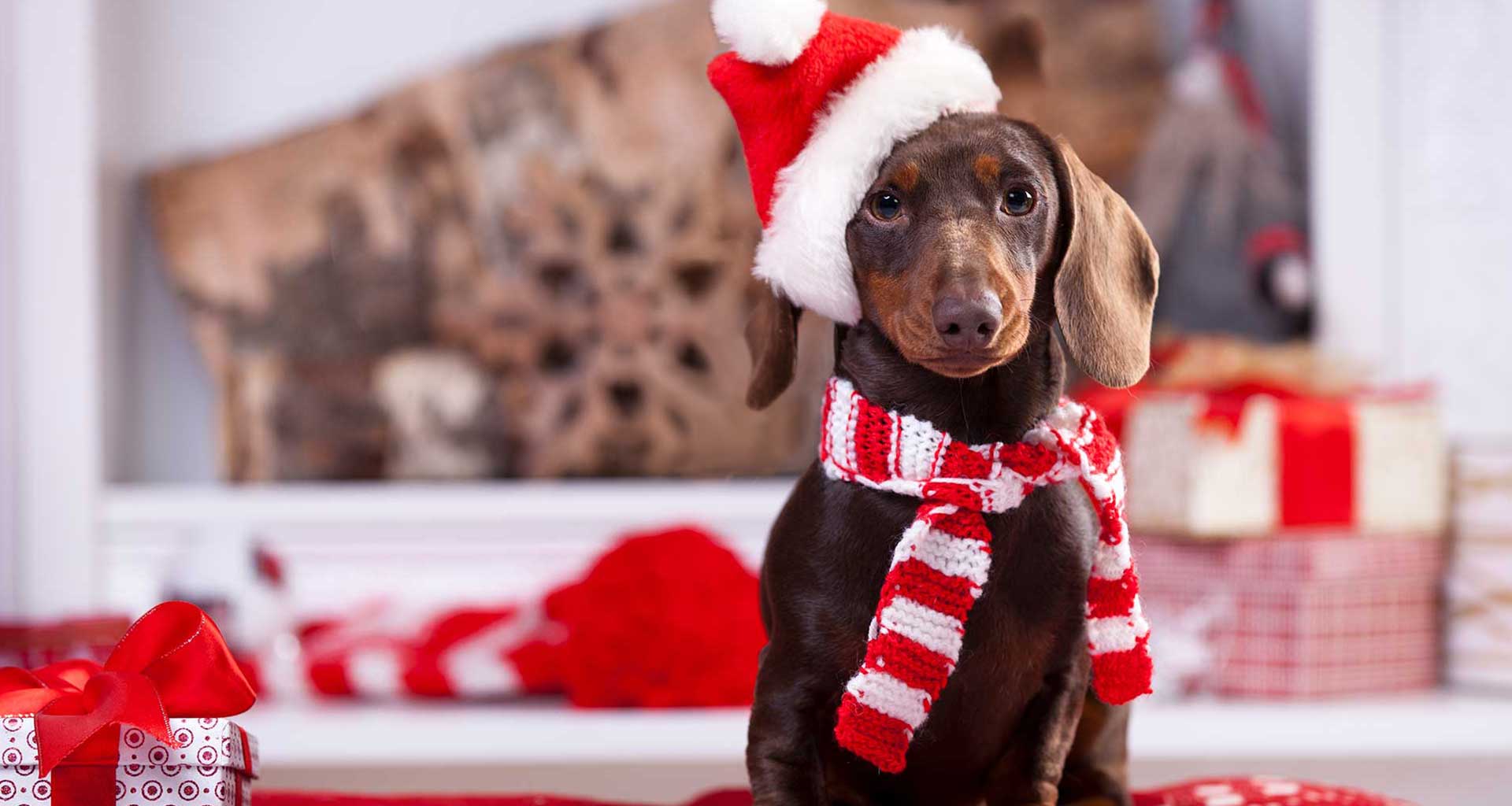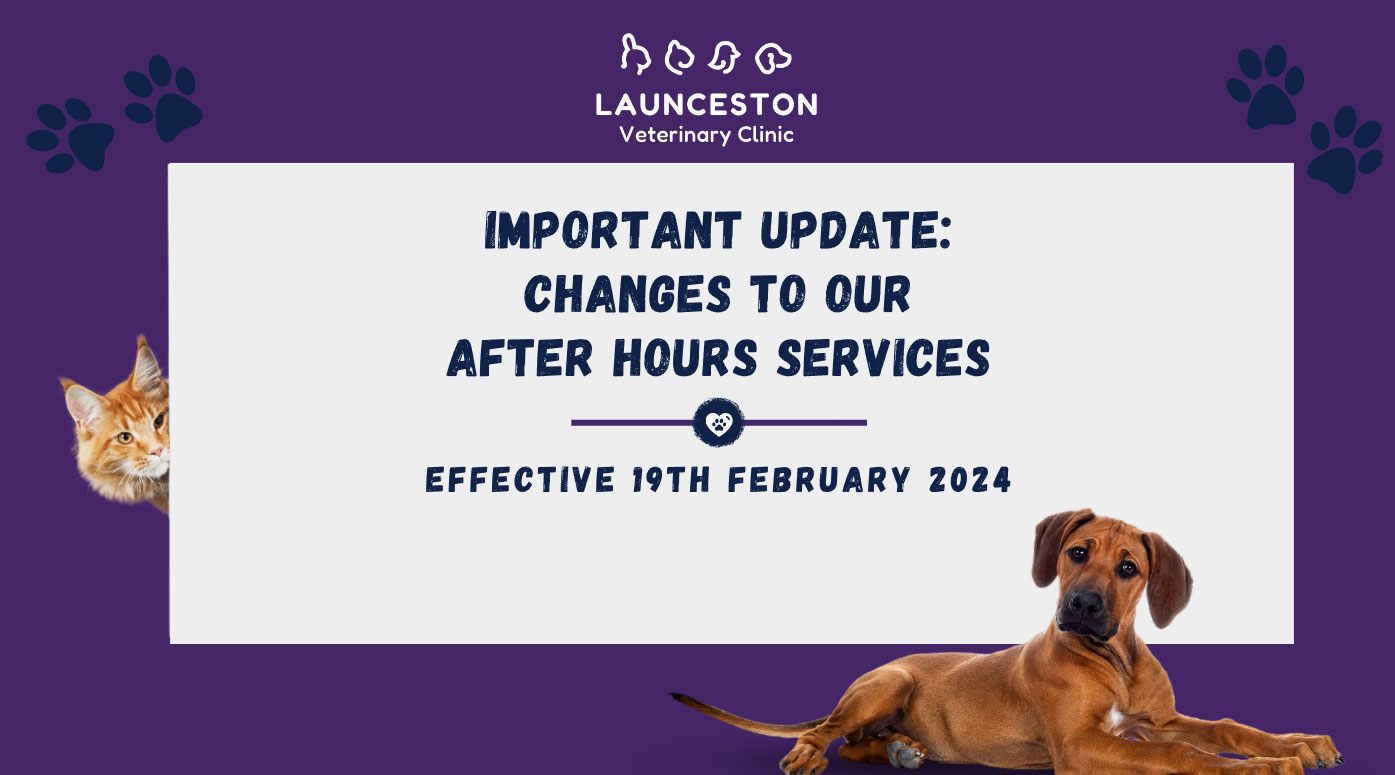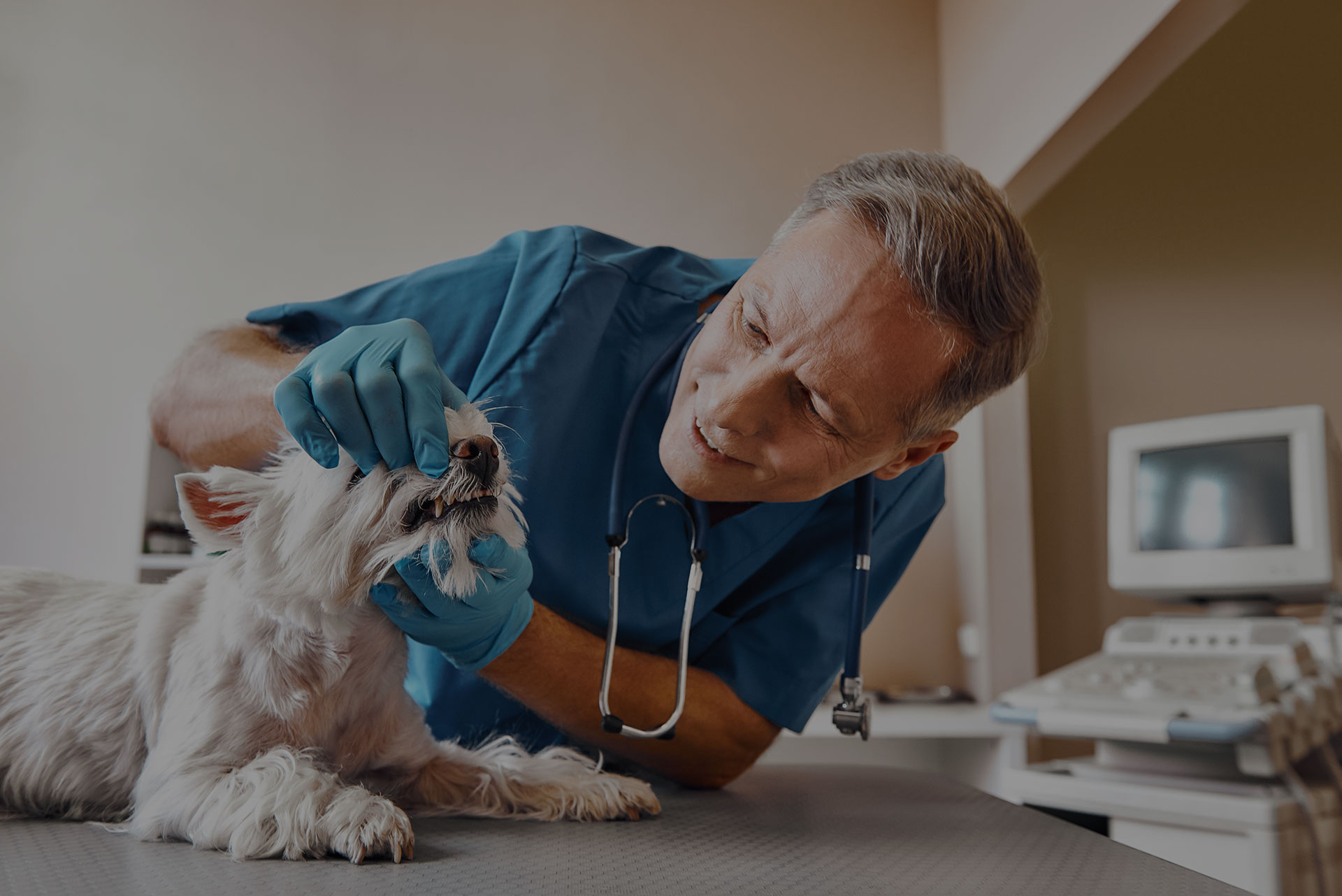Welcoming in the New Year and all our new resolutions (usually a back log from previous years), begins with the staple favourites; fireworks, dance hits and party poppers. We come together, loud and excited, with our new ambitions. This celebration also marks one of the most common nights of the year that pets tend to escape. The loud noises and party people can cause their stress and anxiety to increase. Observing their behaviour changes and how we can help them through this event is very important. Especially as we want to make sure the New Year begins on a positive note as we endeavour to complete all our goals for 2019.
Most common behavioural signs to look out for in your pet
Escaping
Your furry friend can start scratching at doors, squeezing through gates/fences, chewing through blinds/curtains and even jumping off balconies. This is clearly very dangerous for your pet as they will be frantic and run, increasing their chances of getting hit by a car. During times like this, we are reminded of how important it is that our pet’s microchip details are up-to-date and that they have your active phone number on their collar.
Vocalising
Excessive vocalising can be used to express their stress. Our canine family members may howl, pant, bark, growl or whine. While our feline family members may yowl, pant, growl and hiss.
Self-harming
This can be shown through lick lacerations from over grooming, broken nails, loss of appetite, damaged teeth and scratches on their body. Usually these are caused through their escape attempts.
Damaging
Our pets can begin to damage the house, furniture, shoes and other belongings as their anxiety gets worse. This can also be shown through urinating, vomiting and defecating inside the house.
It is important to remember that our pet’s do not understand that events like fireworks come to an end. On an event like New Year’s Eve or even a thunderstorm, we can be prepared and have some solutions in place to help our pet. Make sure there is a ‘safe place’ that your pet can go to and escape the noise and people. This should be in a quiet room, that has their bed, blankets and even placing an item of your clothing that has your scent on it can be reassuring for your furry family member.
If you notice your pet expressing any of the above behavioural changes, remember to use a calm, normal tone of voice and act as normal. Becoming angry and punishing them will make the situation worse and will increase your pet’s stress. This is because changing your behaviour or increasing the attention you have given them, tells them there is something unusual about this situation and reinforces their anxiety. Taking your pet on an extra-long walk before the events begin can also help, as well as creating a safe space for them at home with the curtains drawn to help block out flashes of light. As many pet parents need to leave their pet and go out on New Year’s Eve, you can: check your premises and yard to make sure they cannot escape, provide your pet with food or toys to keep them distracted, leave the TV on for background noise and say goodbye to your pet in their safe place when it is time to go to the event. There are also many options for helping to relieve your pet’s anxiety, from desensitisation to medical therapy, some of which are long term options and require forward planning so it’s best to discuss these with your vet now to ensure you are ready for the party season!
While this is one of the more difficult times of being a pet parent, our clinic team is ready to help you through your questions and can provide you with some pet anxiety management options to help your furry family member cope with the noisy holiday period.


